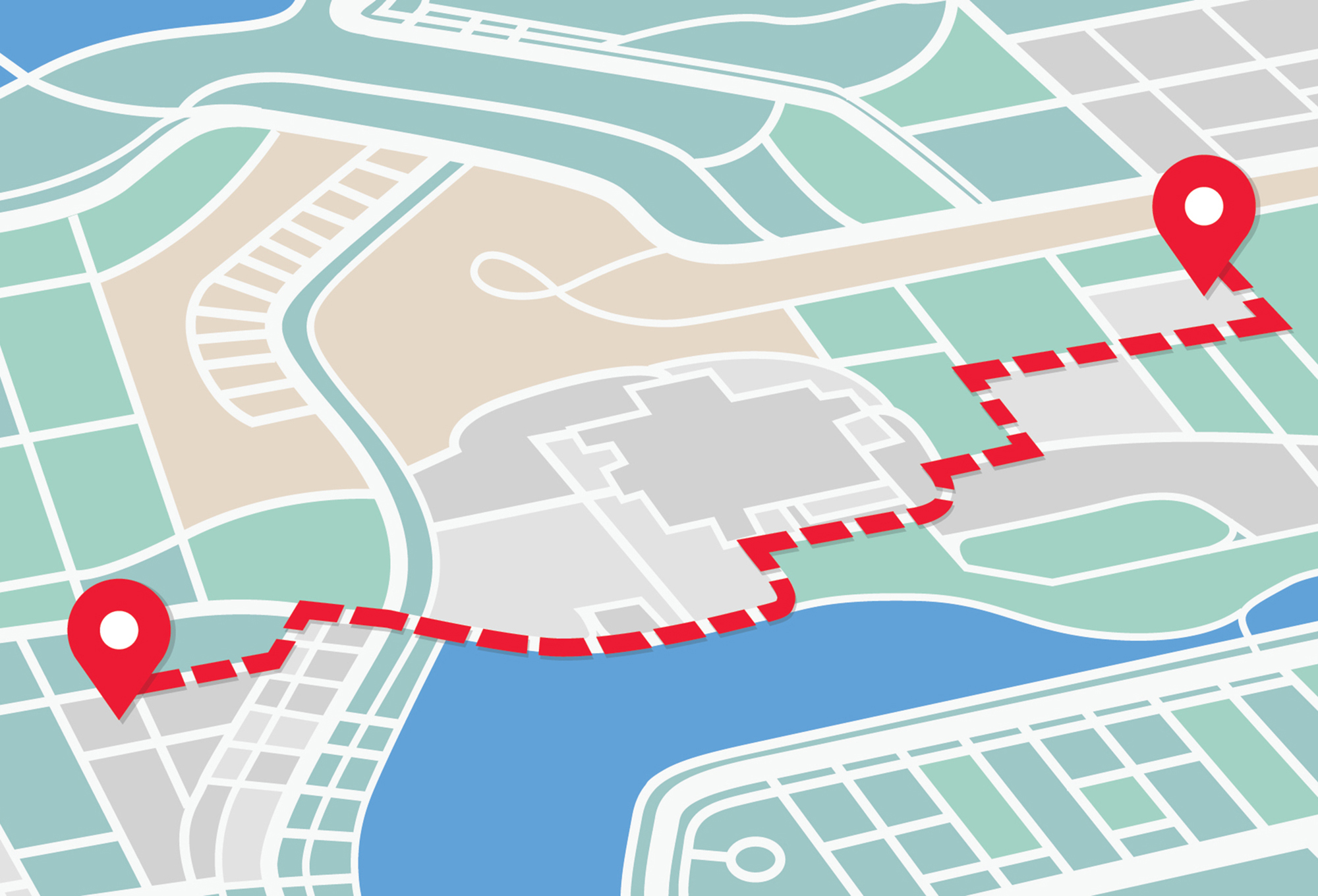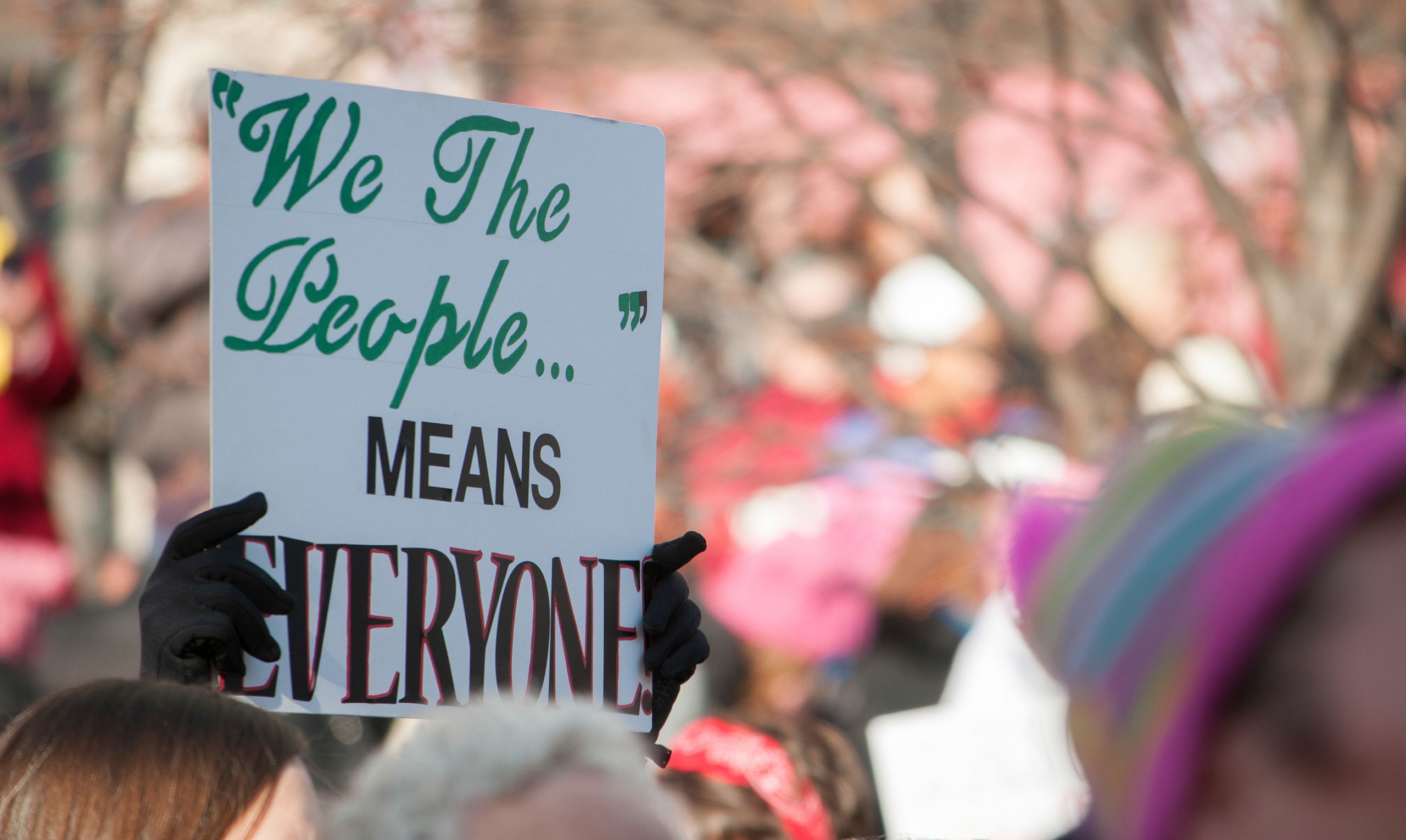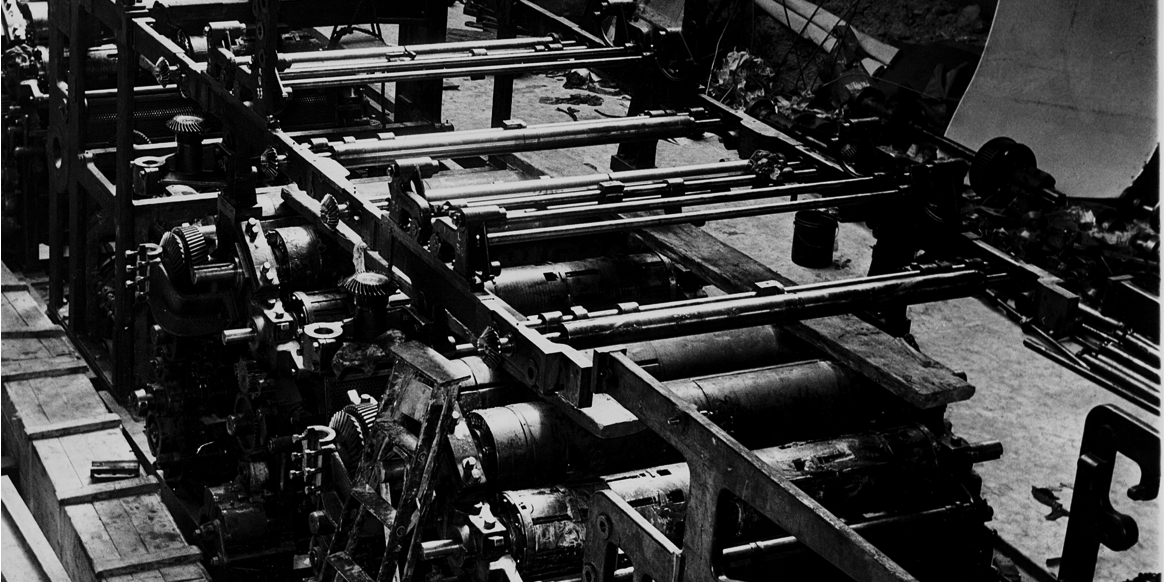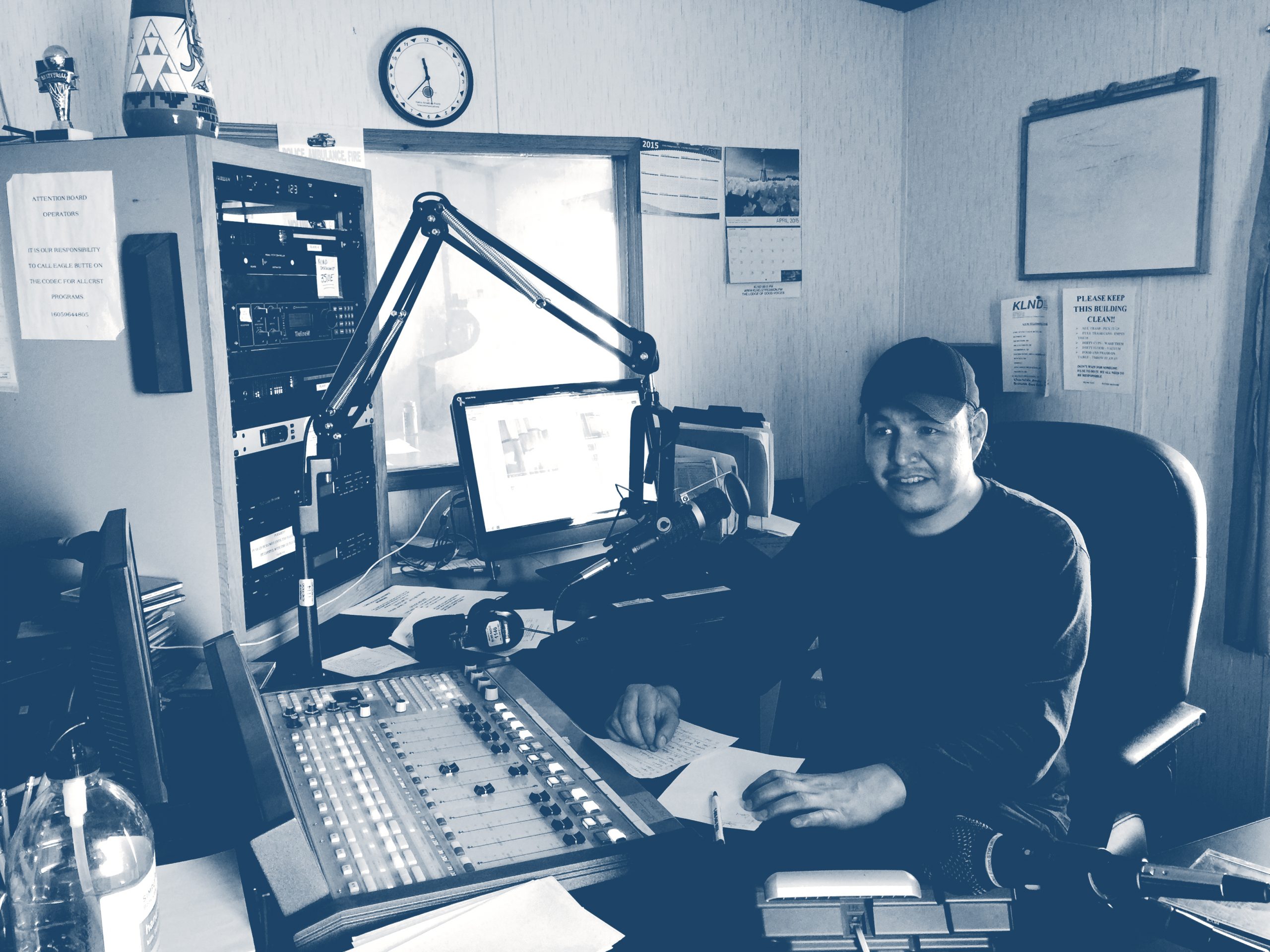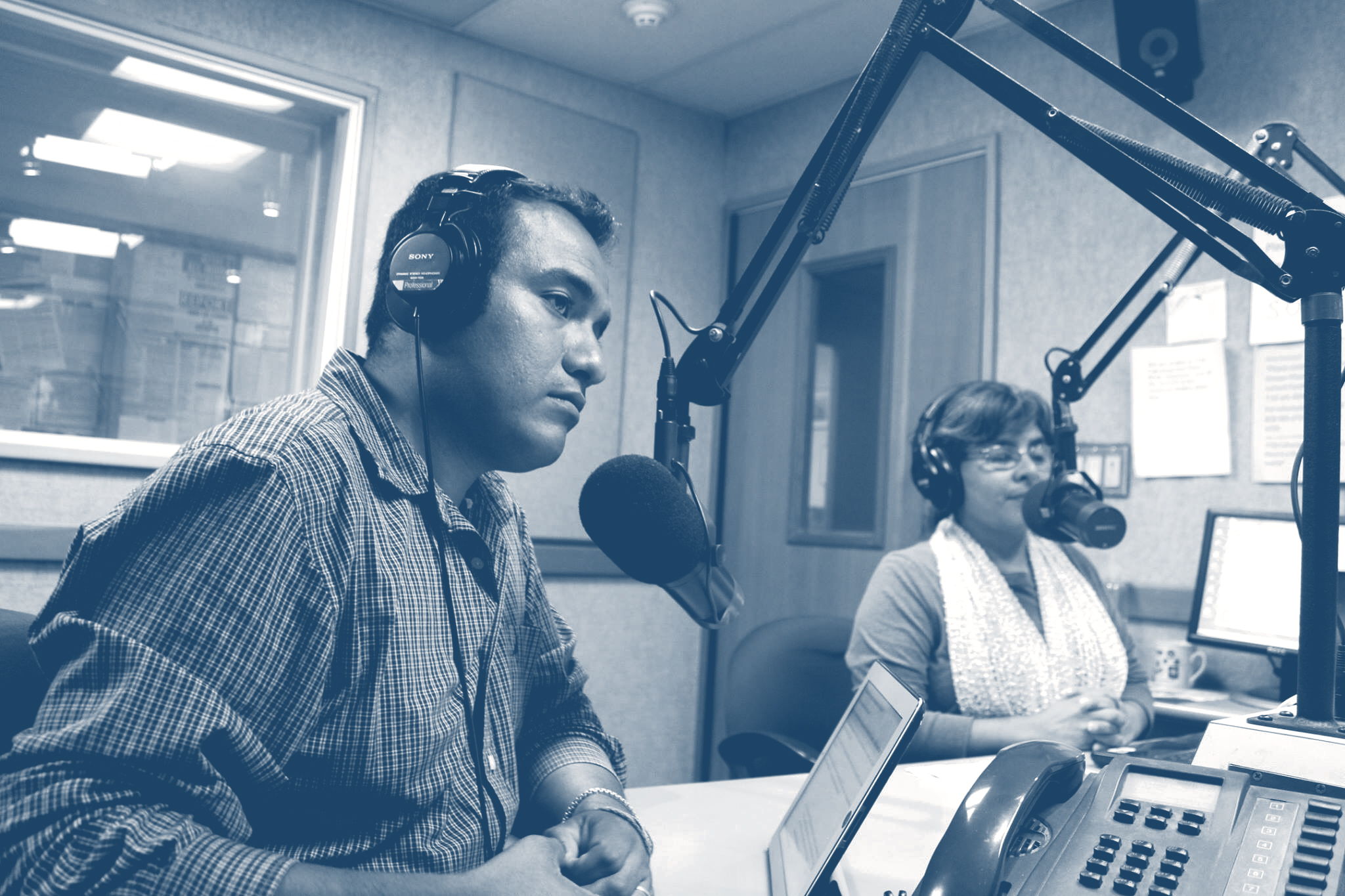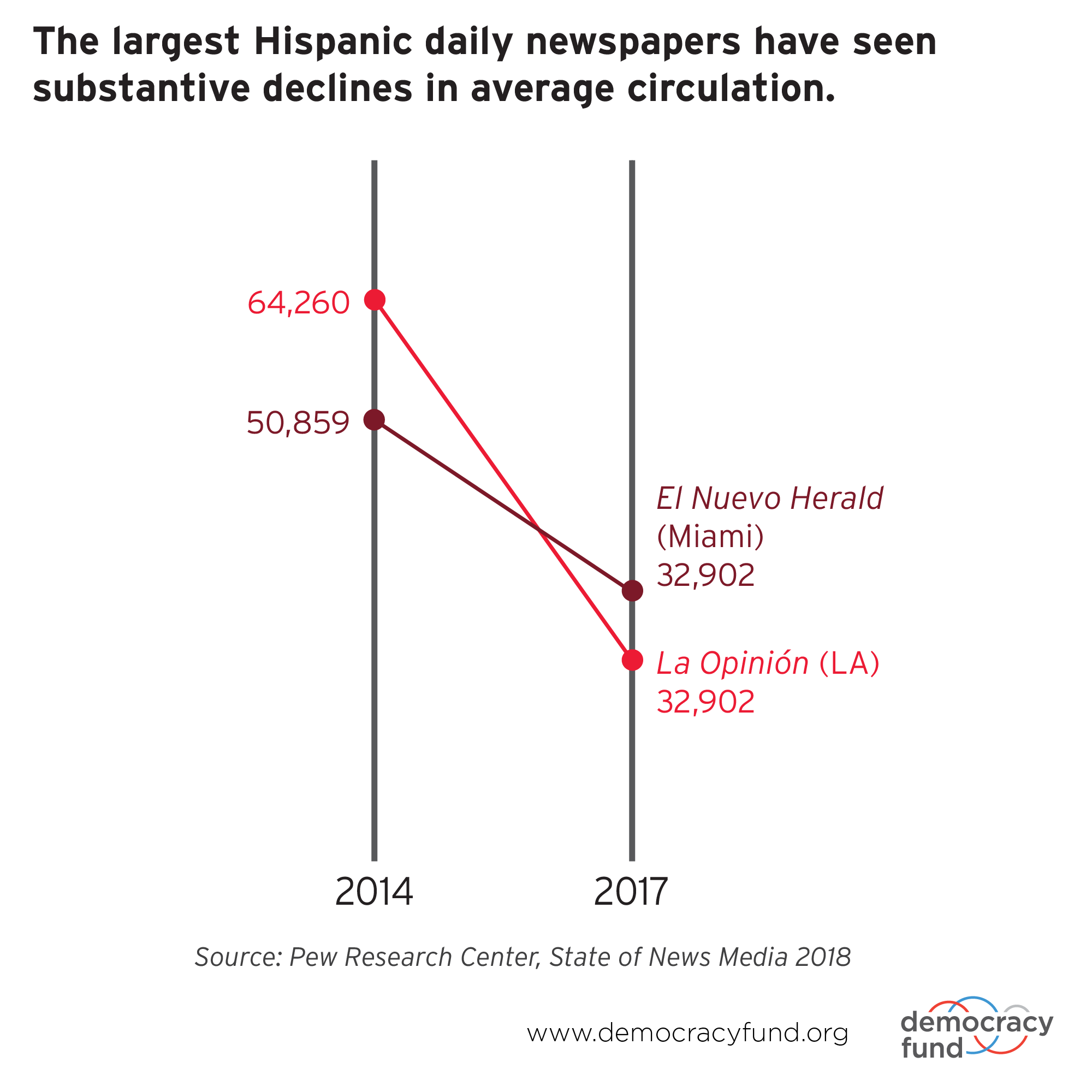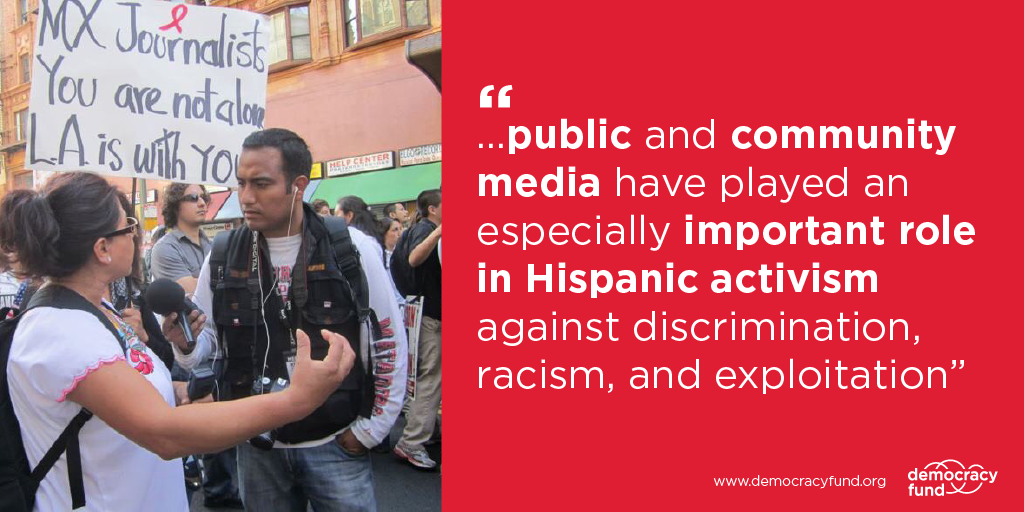As part of the organization’s ongoing development in service of its new strategy, Democracy Fund is pleased to announce the expansion of its board of directors and organizational leadership.
Three new board members began their two-year term on Tuesday, March 21:
Danielle Allen, professor of public policy, politics, and ethics at Harvard University, director of the Edmond and Lily Safra Center for Ethics, and James Bryant Conant University professor, one of Harvard’s highest honors. She is also founder and president of Partners In Democracy.
Crystal Hayling, executive director of Libra Foundation and a leading advocate for racial justice in philanthropy. During the global pandemic and racial justice uprisings of 2020, she doubled Libra’s grantmaking and launched the Democracy Frontlines Fund.
Sabeel Rahman, associate professor of law at Brooklyn Law School, and a co-founder and co-chair of the Law and Political Economy Project. Previously, Mr. Rahman led the Office of Information and Regulatory Affairs (OIRA) in the Office of Management and Budget and served as the president of Demos.
“I’m honored to welcome our new board members to Democracy Fund. Each joins with invaluable expertise in the pro-democracy movement, a deep commitment to racial justice, and a keen understanding of what it will take to move our democracy toward a more inclusive, just, and trustworthy future,” said Democracy Fund President Joe Goldman.
Goldman also serves on the Democracy Fund board of directors along with board chair Pat Christen and board member Sarah Steven.
As prominent leaders with extensive expertise in efforts to create a more inclusive, multi-racial democracy, these new board members will be important partners in implementing Democracy Fund’s new organizational strategy.
Democracy Fund’s sister organization, Democracy Fund Voice, also announced new appointees to its board of directors: Deepak Bhargava, lecturer in urban studies at the City University of New York, and Robinson Jacobs of Comprehensive Financial Management.
New Programmatic Leadership
Democracy Fund is also pleased to announce Sanjiv Rao as our new managing director of media and movements to oversee our Public Square and Just & Inclusive Society programs. Sanjiv most recently served as a senior equity fellow in the Office of Management Budget in the Executive Office of the President, on assignment from his role as a senior fellow at Race Forward, working to support federal agency action plans to advance racial equity and support for underserved communities. Before that, he completed a nearly decade-long program term at the Ford Foundation, concluding as director of the Civic Engagement and Government program.
Sanjiv joins Lara Flint, managing director of elections and institutions. She is a skilled advocate with more than 20 years of legal, public policy, and government experience, including a decade on Capitol Hill. Lara previously served as director of the Governance program at Democracy Fund. Before joining Democracy Fund in 2017, she served as chief counsel for national security to then-Chairman Patrick Leahy of the Senate Judiciary Committee, where she led the committee’s work on national security, privacy, and technology.
“Together, Sanjiv and Lara will play a critical role in executing Democracy Fund’s new strategy, strengthening the organization’s grantmaking efforts, and positioning more pro-democracy champions for long term transformational work,” said Laura Chambers, Democracy Fund chief operating officer. “As our organization continues to evolve, our new, dynamic leadership will help us pave a path forward in our pursuit to strengthen American democracy. We are excited for what they will enable us to achieve.”
Additionally, Tom Glaisyer has been appointed executive advisor to the president. As one of Democracy Fund’s earliest staff members, Tom built the organization’s Public Square program and most recently oversaw the organization’s programs as managing director. In his new role, he will forge collaborations between Democracy Fund and its peer organizations across The Omidyar Group, as well as work with the organization’s leadership to anticipate and prepare for long-term threats and opportunities.
These changes occur at a pivotal time for the organization, as Democracy Fund nears its tenth anniversary in 2024. We expect our new, dynamic leadership to challenge us, guide us, and help us pave a path forward toward a more inclusive, multiracial democracy.
